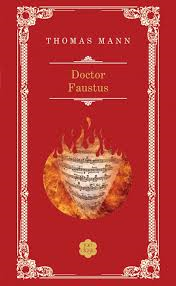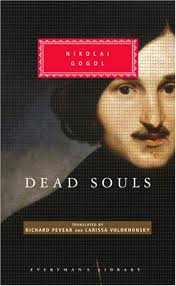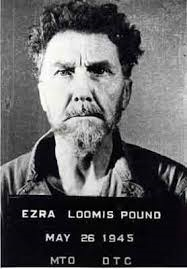Category Archive: Classic Books
Dead Souls
(by Nikolai Gogol) Gogol was no Dante. He could not legislate in his novels. But he pinned sinners more lethally than most and the wild scheme to buy and sell the dead, today, looks a lot like dealing in derivatives. The dead souls were peasants who had passed on between official census, and hence you incurred their holding costs (tax) till they were officially designated as dead at the next census. The protagonist, Chichikov, would acquire those dead souls, thereby assuming the tax burden of them, but he would mortgage them as live souls till the next census. Priestley wrote “On…
Continue Reading →The Count of Monte Cristo
(by Alexandre Dumas) A turgid but absorbing boys’- own revenge yarn.
Continue Reading →Clarissa
(by Samuel Richardson) (1748) The Varnished Culture mentions this merely to brag: longer than War and Peace (it’s the longest novel in English at approximately 984,870 words), this account of virtue chased and trashed is the novel’s version of continuous cricket: mad in detail, slow in execution, passionately related. Told in letters, very long letters, the correspondents spend what seems a year recalling a year but a crowded year. Take this book to a desert island; it will endure and also make a crackling blaze. Coleridge nailed Richardson’s “close, hot, day-dreamy continuity” and Priestley (in Literature and Western Man) commented:…
Continue Reading →The Cantos
(by Ezra Pound) The commonplace book of a madman, lines of breathtaking beauty (e.g. Canto IV, LXXIV, the closing fragments) jostle with crude, didactic ravings against usury and Jews. A pox on he who gave Pound an economics book! Or convinced him to attempt a poetic epic without structure, a theme or any cohesive idea at all. Still, it’s a lunatic mess well worth skimming.
Continue Reading →





